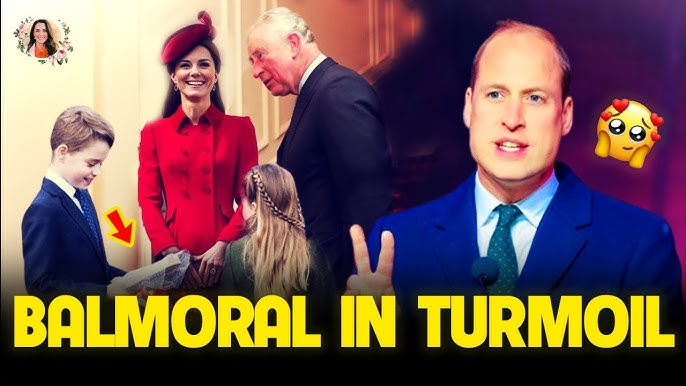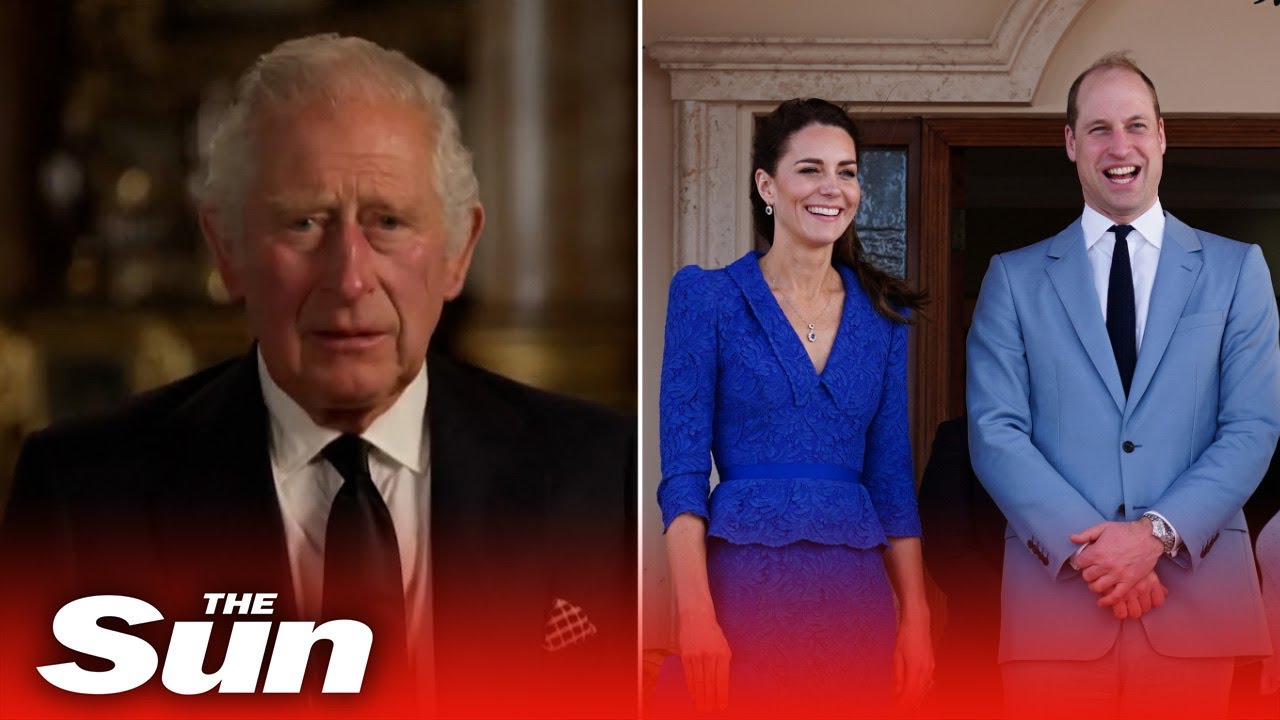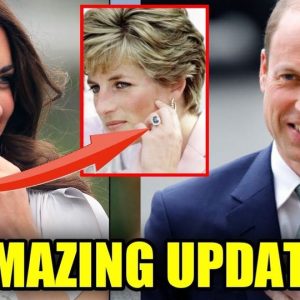William’s SURPRISED Statement Against King Charles’ Big Plan Amid Catherine Feud For THIS Reason
The first half of 2024 has been a pivotal period for the British monarchy, marked by significant challenges and opportunities.
Health setbacks within the royal family, particularly Princess Catherine’s ongoing battle with cancer, have cast a shadow over their activities.
However, this period has also been defined by the increasing authority and vision of Prince William, the Prince of Wales, whose leadership appears to be shaping the future of the monarchy.



Prince William’s growing influence and strategic approach to modernizing the monarchy are seen as promising signs of renewal and adaptation to contemporary expectations. While his steadfast commitment to duty has earned him widespread praise, William is reportedly grappling with inner turmoil over the monarchy’s vulnerability. Concerns about a diminished royal presence, coupled with a shortage of younger working royals, have highlighted the need for a clear succession plan.
An insider has revealed that Prince William was taken aback by King Charles’s approach to handling the situations involving Prince Harry and Prince Andrew. The King’s strategy includes efforts to facilitate Prince Harry and Meghan Markle’s return to the UK and to curb their media presence, including interviews and documentaries. Despite these attempts at reconciliation, royal affairs experts argue that the damage caused by Harry and Meghan’s revelations is irreversible, having tarnished the monarchy’s reputation and placing William in a difficult position.
Adding to William’s stress is his father’s request for him to cover the considerable financial liabilities amassed by Prince Harry’s family, with their debts reportedly exceeding £500 million. Amid these financial and familial pressures, Prince William and Princess Catherine have distanced themselves from ongoing tensions between King Charles and Prince Andrew regarding the Royal Lodge. William has expressed no interest in the property, especially as his primary focus remains on supporting his wife during her health crisis.
William’s decision to forgo moving into another royal residence, despite already having substantial homes at Kensington Palace and Anmer Hall, aligns with his public stance on homelessness. His active campaigning against homelessness could be seen as contradictory if he were to occupy yet another royal mansion. This decision also underscores his desire to avoid the public perception of excess during a time of national and personal challenges.
The situation with Prince Andrew is particularly complex, as the Duke of York faces potential eviction from the Royal Lodge due to financial difficulties. King Charles has reportedly withdrawn private funding for the estate’s security, leaving Prince Andrew to shoulder the costs of repairs and protection, which could lead to his eviction. Some speculate that this move could be a strategic effort to clear the way for Queen Camilla to potentially reside at the Royal Lodge should she outlive the King.
The handling of these internal royal issues, especially concerning Prince Andrew and Prince Harry, has strengthened Prince William’s image as a principled and decisive leader. Recent polls suggest that King Charles is strategically positioning William by assigning him key royal roles previously held by Prince Harry, signaling a clear intention to groom him for future leadership.
As the next in line to the throne, Prince William’s rising prominence suggests a period of transformation for the British monarchy. His leadership is characterized by transparency, accountability, and a focus on community-driven initiatives. With the backing of both the royal family and public support, William appears poised to guide the monarchy into a new era, one that balances tradition with the demands of a rapidly changing world.





